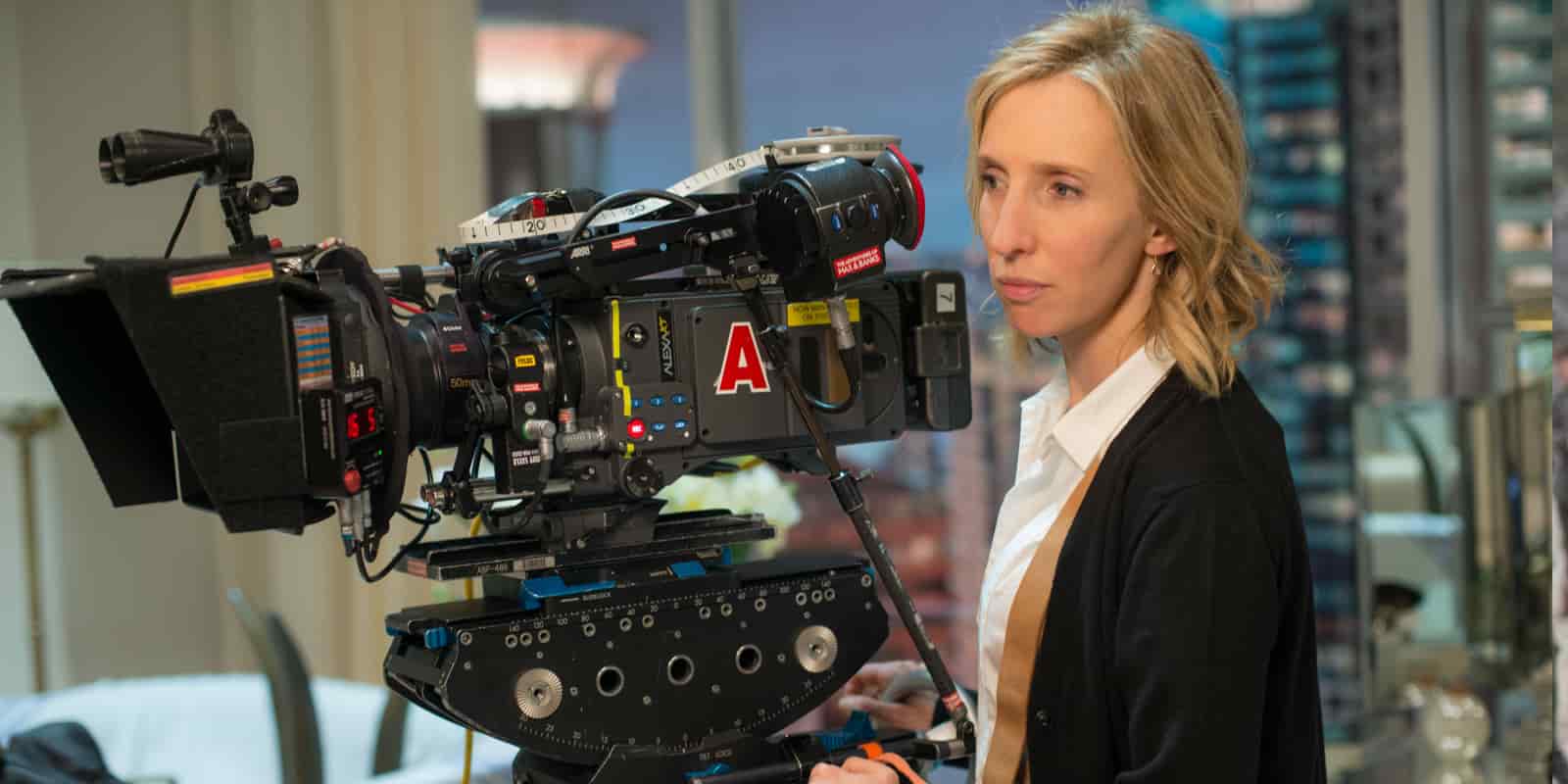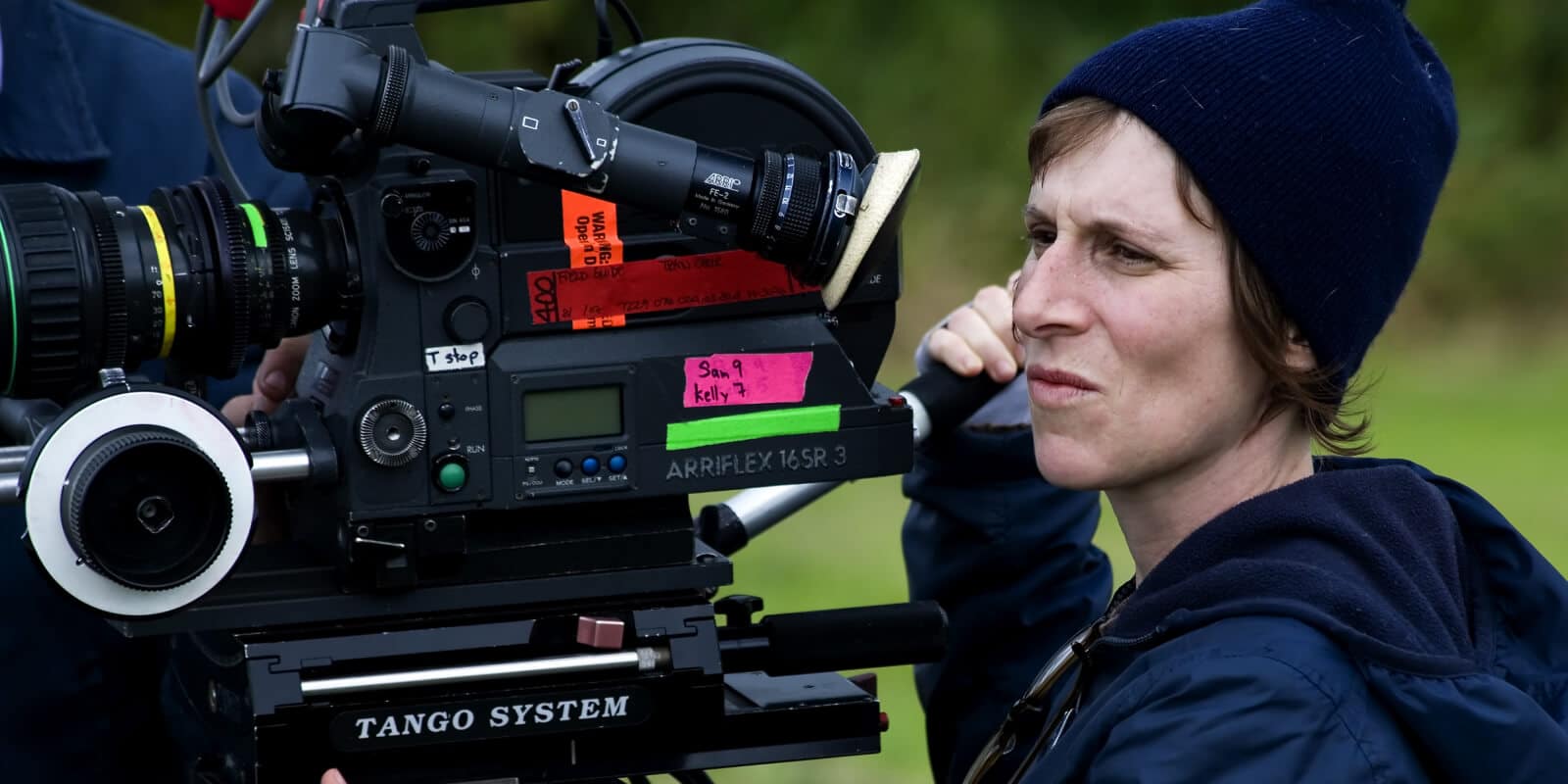The Director Of American Pie - A Look At Titles And Their True Weight
When we hear about the "director of American Pie," it's easy to picture someone holding all the creative strings, shaping every moment of a film that, for many, defined a certain kind of comedic storytelling. This person, in our minds, is the central figure, the one calling the shots, the artistic vision behind the movie. It’s a title that carries a lot of weight, a sense of creative authority and ultimate responsibility for the finished product. You know, like the person who makes all the big decisions about what goes on screen.
But, you know, it's interesting how a single word like "director" can mean such different things depending on where you hear it. In the world of making movies, the director is, for many, the very heart of the creative process, truly guiding the production from start to finish. They're the ones who really bring the script to life, working with everyone involved to make sure the story gets told just right on film.
Yet, if you step away from the bright lights of Hollywood and into the often more subdued, yet still quite active, corridors of a large company, especially a foreign-owned one, that same word, "director," can take on a completely different meaning. It's almost as if the title itself wears a different hat, representing something far removed from the artistic leadership you'd expect from someone making a hit movie. This difference in meaning can sometimes be a bit surprising, to say the least.
- How Did Chef Graham Elliot Lose Weight
- Kourtney Kardashian Gets Married
- Taylor Swift Coachella Hat
- Jordan Belfort Jail Sentence
- Chappell Roan Kamala
Table of Contents
- What Does a Film Director Actually Do?
- Are All "Directors" the Same, Really?
- Unpacking the Corporate "Director" Role
- The "Director" in a Business Setting - Is It Just a Job Level?
- How Does This Relate to the Director of American Pie's Role?
- More About Business Titles
- What About the Managing Director Role?
- The Vice President Title - What It Often Means
- Career Paths for Senior Directors
What Does a Film Director Actually Do?
When we think about the individual who directs a film, like the person behind a well-known comedy such as American Pie, we typically imagine someone with a very broad set of responsibilities. This person is, for the most part, the creative leader, the one who guides the artistic vision of the entire project. They are tasked with bringing the script to life, making sure the performances from the actors are just right, and ensuring that the visual style and overall feel of the movie match what everyone has in mind. It's a role that demands a great deal of skill in communication, a strong artistic sensibility, and the ability to manage a very large group of talented individuals all working toward a common aim. They have to oversee everything from the casting choices to the camera angles, the editing pace, and even the music that plays during certain scenes. It's a job that really shapes the final product, giving it its distinct personality. So, it's almost like they are the chief storyteller, making sure every element contributes to the narrative in a meaningful way.
Are All "Directors" the Same, Really?
This brings us to a rather interesting point about titles. While a film director holds a very specific and generally well-understood position of creative authority, the term "director" itself can be a bit of a chameleon, changing its meaning quite a lot depending on the setting. You see, what it means to be a "director" in a film studio is often very, very different from what it means to be a "director" in a big company, especially one that operates across different countries. In the corporate world, this title, which sounds so grand, can sometimes be just a way of describing a certain level within the company's structure, rather than someone who is truly at the absolute top, making all the big, strategic calls for the entire business. It's a bit like comparing apples and oranges, even though both are called "director." The scope of influence, the day-to-day tasks, and the overall power associated with the title can be worlds apart.
Unpacking the Corporate "Director" Role
Let's take a moment to look at how this word "director" is often used in the business world, particularly within larger organizations, like those foreign companies you might find in a financial hub. You know, these places often have roles like "vice president," "director," or "managing director." And, honestly, these names can sound incredibly important, making you think of someone with immense power and responsibility. But, as a matter of fact, a lot of the time, these are just what you call job levels or ranks within the company. They don't always mean what the words literally suggest. It's more like what you'd call a professional qualification or a specific tier in the company's hierarchy here in some places. For instance, a "director" in a big company might be overseeing a department or a specific project, rather than directing the entire company's operations. They are, in a way, managing a piece of the larger organizational pie.
The "Director" in a Business Setting - Is It Just a Job Level?
So, is a "director" in a company really just a job level? Well, often, yes, that's exactly what it is. In many business structures, especially those that are quite large and have many layers, the "director" position sits above a manager. It's a step up, certainly, and it indicates a higher level of responsibility and experience. But it's not necessarily the ultimate decision-making role for the whole organization. Think of it like this: a manager might handle the daily operations of a small group, but a director might be responsible for a larger team or a significant part of a business unit. They might have a team of managers reporting to them, overseeing broader functions. It's a position that usually comes with more strategic input and a wider scope of influence within their specific area. However, it's still part of a larger chain of command, with others above them. This can be a little confusing if you're used to thinking of a "director" as the person at the very top, like a film director might be.
How Does This Relate to the Director of American Pie's Role?
This difference in meaning, you see, is really quite stark when you compare it to the role of the director of American Pie. That film director, we would expect, has a comprehensive creative control, overseeing almost every visual and narrative element. Their title truly reflects a singular, overarching leadership position for that specific creative endeavor. In contrast, the "director" in a corporate setting, while certainly a position of significant responsibility within their own department or project, is often part of a much larger, more segmented structure. They might be a "director of marketing" or a "director of product development," meaning they guide a specific function, not the entire company. So, while both roles involve "directing" something, the scale, the type of authority, and the ultimate accountability are very different. It's a really interesting point about how language adapts to different professional landscapes.
More About Business Titles
It's not just the "director" title that can be a bit misleading in the corporate world. There are other names that sound very grand but often represent something a little different from their literal interpretation. Take, for instance, the title "Vice President" or "VP." In many places, hearing "Vice President" makes you think of someone just below the very top leader, perhaps the second in command of an entire nation or a huge corporation. But in many foreign companies, especially those in the financial services sector, a "VP" can be a fairly common position, almost like a senior professional or a team leader. It's a title that sounds really impressive, you know, "vice president," second only to the main leader. However, the reality is that there might be dozens, or even hundreds, of "VPs" within a single large organization, each responsible for a particular function or a specific client portfolio. This can definitely lead to some misunderstanding if you're not familiar with how these companies structure their roles.
What About the Managing Director Role?
Then there's the "Managing Director" title, which can be another source of confusion, especially for people who are not regularly involved with international business practices. Someone might have the title "Managing Director" in a British company, and their business card might say something like "Executive Director" in Chinese. And, honestly, most local clients might not quite grasp what that means; they might think it refers to some sort of board member. But, in reality, for a lot of these companies, a "Managing Director" is, very often, essentially the same as a Chief Executive Officer, or CEO. They are the person truly running the day-to-day operations of the entire company, making the highest-level operational decisions. So, while the name might suggest someone who "manages" directors, it's usually the person at the very top of the operational pyramid, guiding the whole enterprise. This is a pretty significant difference in meaning, wouldn't you say?
The Vice President Title - What It Often Means
Let's circle back to the "Vice President" title for a moment, because it's a very common one in foreign-owned businesses, particularly in areas like finance. As we touched on, while the phrase "Vice President" might make you think of someone with immense power, practically second only to the company's president, its usage is often much broader. In many of these organizations, being a "VP" is a fairly standard senior rank. It typically sits above a Senior Director. So, you might have a manager, then a director, then a senior director, and then a vice president. It sounds like a big deal, and it is a step up, indicating a good amount of experience and responsibility. But it's not always the direct second-in-command of the entire company. There are often many VPs, each leading a specific division or a significant part of the business, rather than the whole thing. It’s a title that, in some respects, has become a standard professional designation rather than a literal description of being a deputy to the president.
Career Paths for Senior Directors
When we look at the career paths within these large companies, especially for those who have been working for a considerable time, perhaps half of their working lives, and have reached the level of "Senior Director," it's interesting to consider what comes next. For many individuals at this level, their professional journey might, in a way, reach its highest point right there. Moving from a "director" role to a "Vice President" position is, for the most part, a hurdle that only a small group of truly exceptional professionals manage to clear. It’s often seen as the last major step up, a significant challenge to overcome if you want to reach the very top echelons of the company. So, while the title "Senior Director" itself signifies a lot of experience and a high level of responsibility, it can sometimes be the ceiling for many talented people within these corporate structures. It’s a pretty tough climb, you know, to get past that point.
It’s also worth noting how the film industry itself can present a bit of a bewildering array of titles, not unlike the corporate world. If you just look at the opening credits of many movies, before you even get to the names of the director, the main actors, or the people in charge of the key technical departments, you’ll often see a whole lot of names and titles listed. It can be quite a lot to take in, making your eyes spin a little, just because there are so many different roles and designations. This just goes to show that whether it's the world of filmmaking or the world of big business, understanding what a title truly means often requires looking a little deeper than just the words themselves. It's about grasping the context and the specific structure of the organization you're dealing with.
So, whether we're talking about the individual who directed a film like American Pie, someone who truly shaped a piece of cinematic history, or a "director" within a large corporate structure, the lesson is pretty clear: titles can be quite deceptive. They might sound incredibly important, but their actual meaning, the level of responsibility they carry, and the career path they represent can vary wildly. It's a good reminder to always look beyond the surface of a job title and try to understand the real role a person plays within their specific field, rather than just taking the name at face value.
- Prize Money For Masters
- Astrological Signs And Meanings
- Malcolm Jamal Warner
- Kandi Burruss Breast
- Wheel Of Fortune Fan Friday Word Of The Day

The Best 67 Female Film Directors Working Today (2020)

Film Director: Occupations in Alberta - alis

The Best 67 Female Film Directors Working Today (2020)